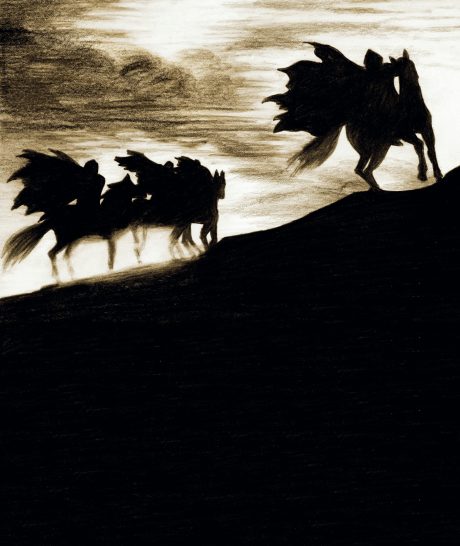
OCR: Unit G571: AS Philosophy of Religion
Jonathan Sacks, a former Chief Rabbi of the UK, writes that the Hebrew Bible is a ‘sustained battle against three things: idolatry, myth and pagan ritual’. In the ancient world, such superstitions were invariably linked with corruption and exploitation. The radical aims of ethical monotheism would be to stamp out such idolatrous beliefs and to protest against their associated practices that preyed on the weak and vulnerable. As Sacks puts it, ‘the more we understand what the Bible is arguing against, the deeper we understand the Bible’.
Your organisation does not have access to this article.
Sign up today to give your students the edge they need to achieve their best grades with subject expertise
Subscribe




